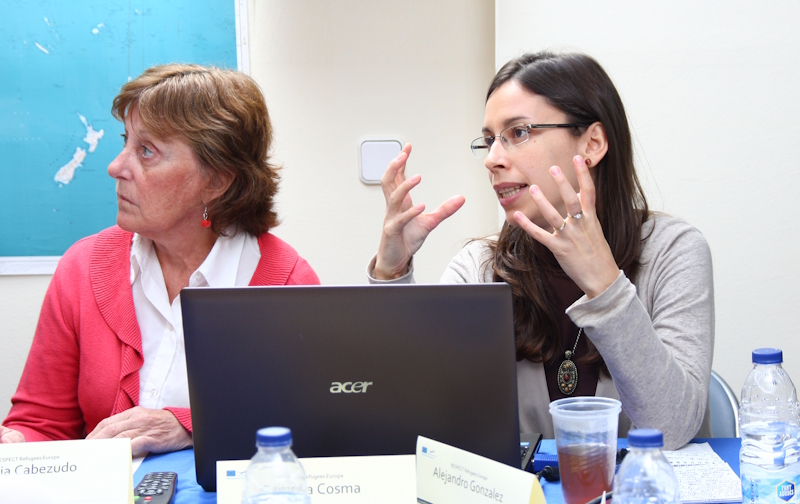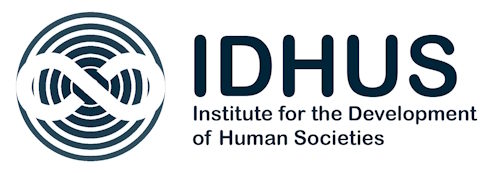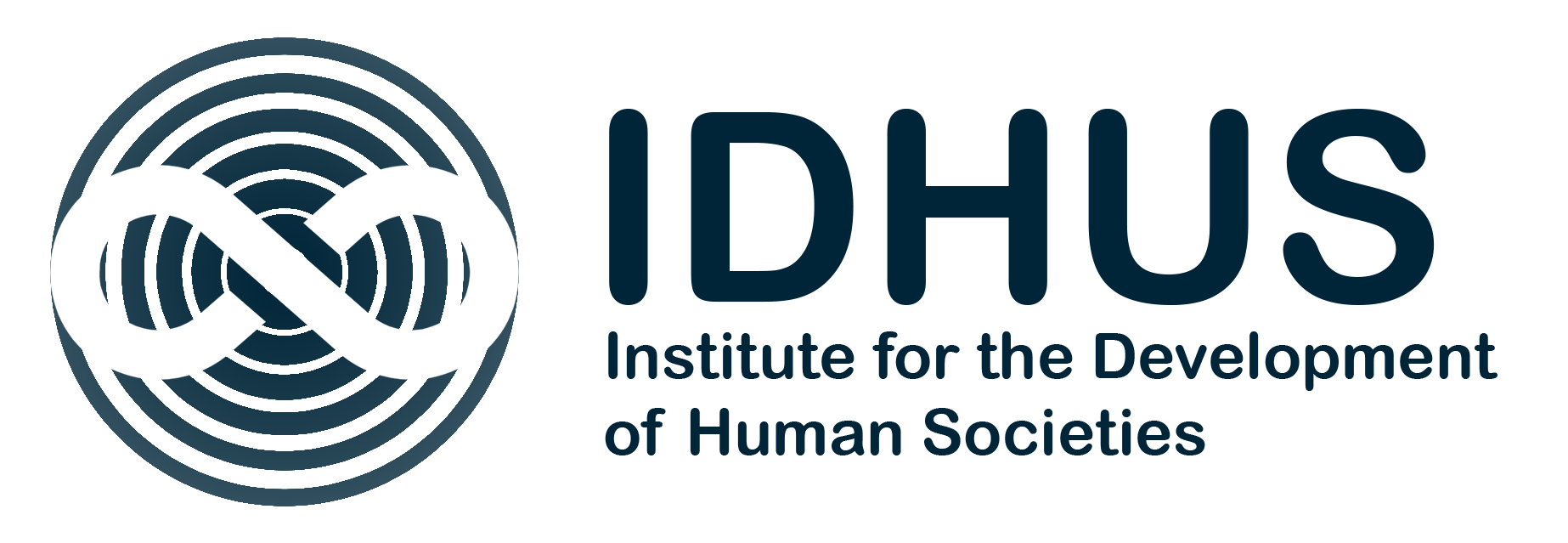
Cities are dynamic environments where multiple social, economic, environmental, technological, and cultural processes converge. Understanding their evolution requires a comprehensive approach that acknowledges the complexity and interdependence of these factors. At the IDHUS Institute, we address urban transformation through various thematic axes that allow us to analyze, interpret, and project the main challenges and opportunities of contemporary cities.
Each of these areas constitutes a strategic field of research and action from which we aim to generate useful knowledge for decision-making, the design of public policies, and the promotion of more just, sustainable, and innovative urban environments.
Research Areas
Urban Demographics and Intelligent Mobility
We analyze the evolution of population structures, migration patterns, and urban mobility to understand how demographic dynamics shape the future of cities. By integrating data analytics and AI-based modeling, we develop insights and policy frameworks that anticipate population trends, support inclusive urban planning, and optimize resource distribution across territories.
Artificial Intelligence, Digitalization, and Smart Urban Systems
We explore how artificial intelligence, data ecosystems, and advanced digital infrastructures can transform the management of urban environments. Our work focuses on the design of AI-driven systems that enhance public services, improve energy efficiency, optimize mobility, and strengthen the overall resilience and quality of life in cities.
Ecological Transition and Climate-Tech Resilience
We promote sustainable urban models supported by intelligent technologies that accelerate decarbonization and circular resource management. Through predictive analytics and AI-enabled environmental monitoring, we help cities anticipate climate risks, strengthen adaptive capacities, and build resilient infrastructures for a low-carbon future.
Social and Spatial Equity in the Digital Age
We study how social, gender, and spatial inequalities are transformed by digitalization and automation. By leveraging data-driven approaches, we design strategies that ensure equitable access to technology, public services, and urban opportunities, fostering greater cohesion and inclusion in smart city ecosystems.
Urban Economies, Innovation, and Future Work
We examine how artificial intelligence and automation are reshaping urban labor markets, productivity, and economic structures. Our research identifies pathways for innovation, digital entrepreneurship, and sustainable job creation, supporting a balanced transition toward an inclusive and knowledge-based urban economy.
Urban Governance, Data Ethics, and Participatory Intelligence
We analyze governance models and participatory frameworks that integrate citizens, institutions, and technology through transparent and ethical decision-making. Our focus is on AI-assisted governance systems that foster accountability, collaborative management, and democratic innovation within urban ecosystems.
Our mission is to contribute with multidisciplinary knowledge, anticipate challenges and opportunities, and facilitate the dialogue needed to build a more inclusive, sustainable, and conscious human future through the evolution and development of our cities. We believe that understanding where society is headed in these areas of work is essential to acting responsibly and effectively today in the face of tomorrow’s challenges.

